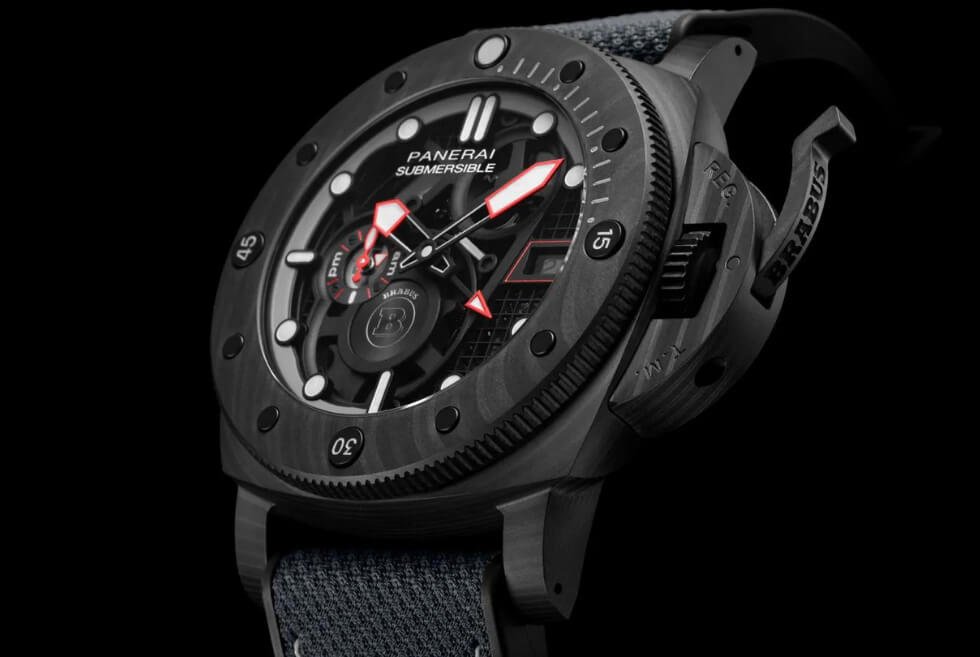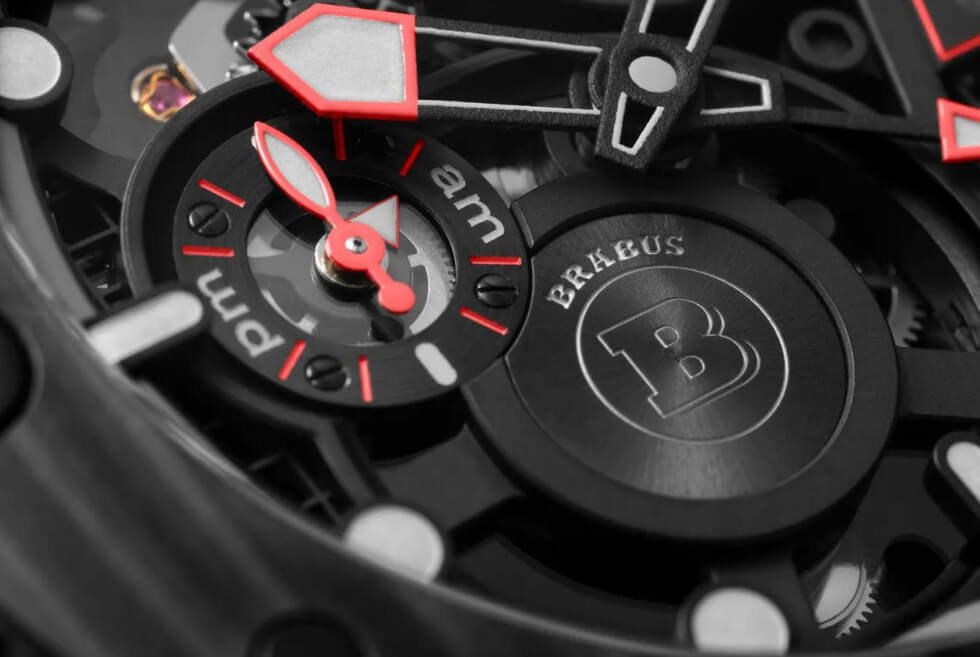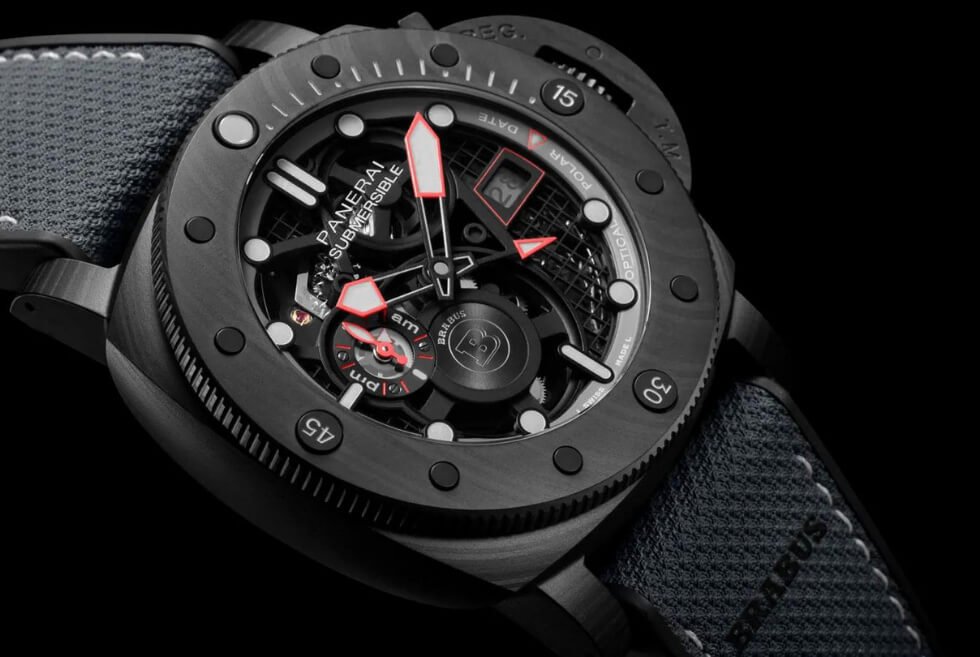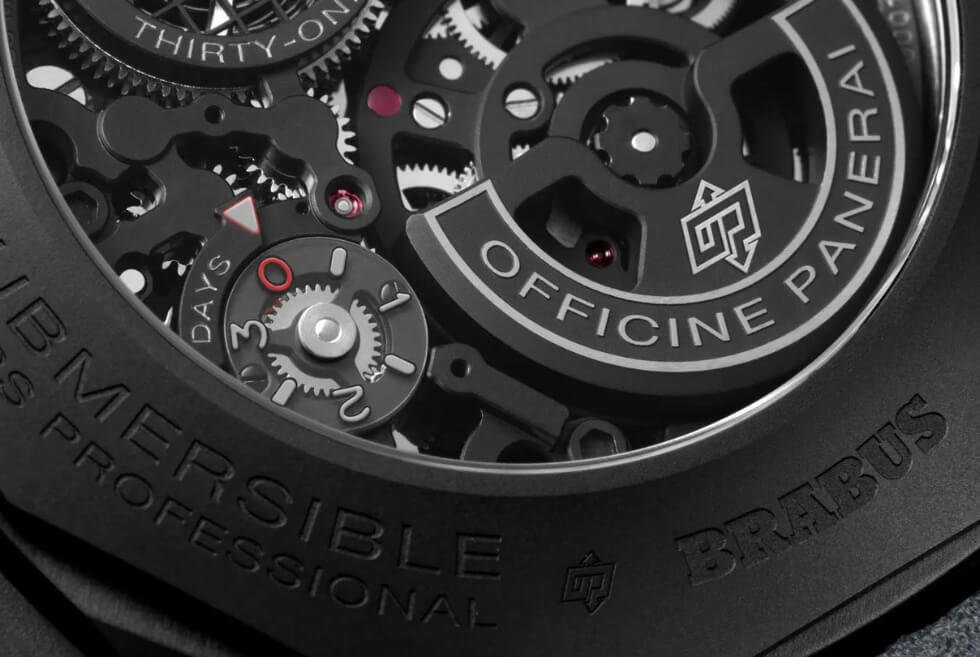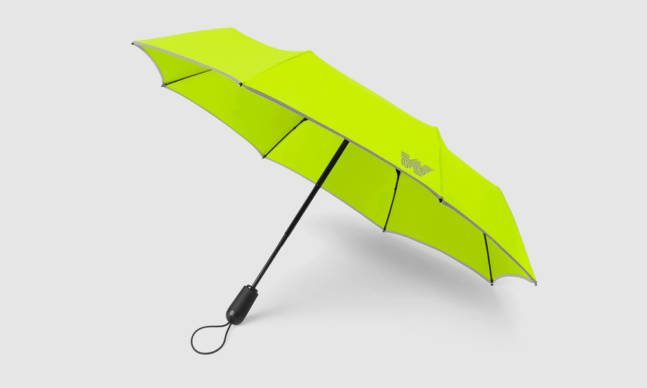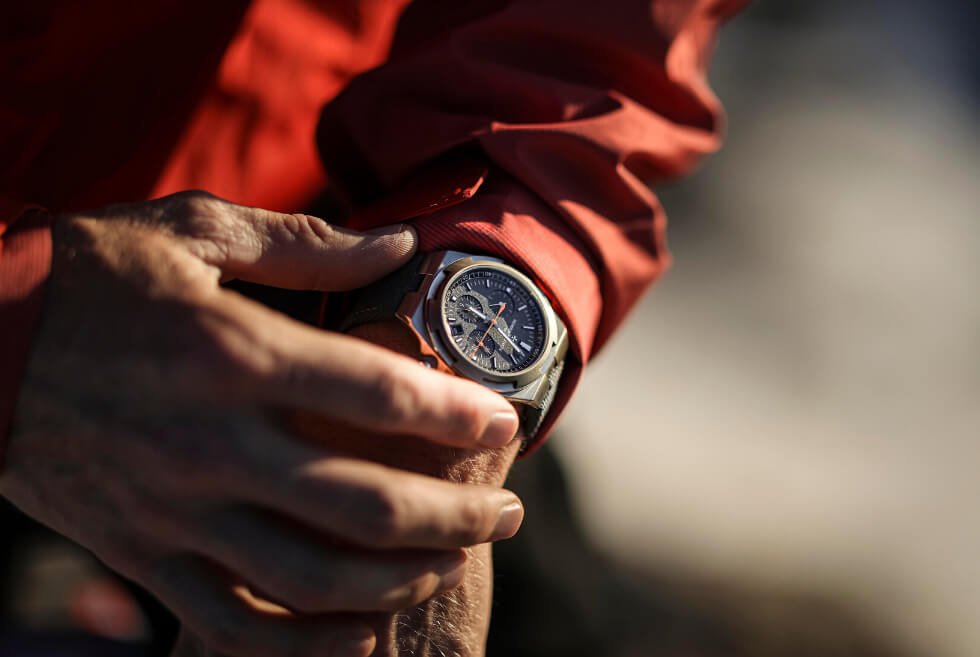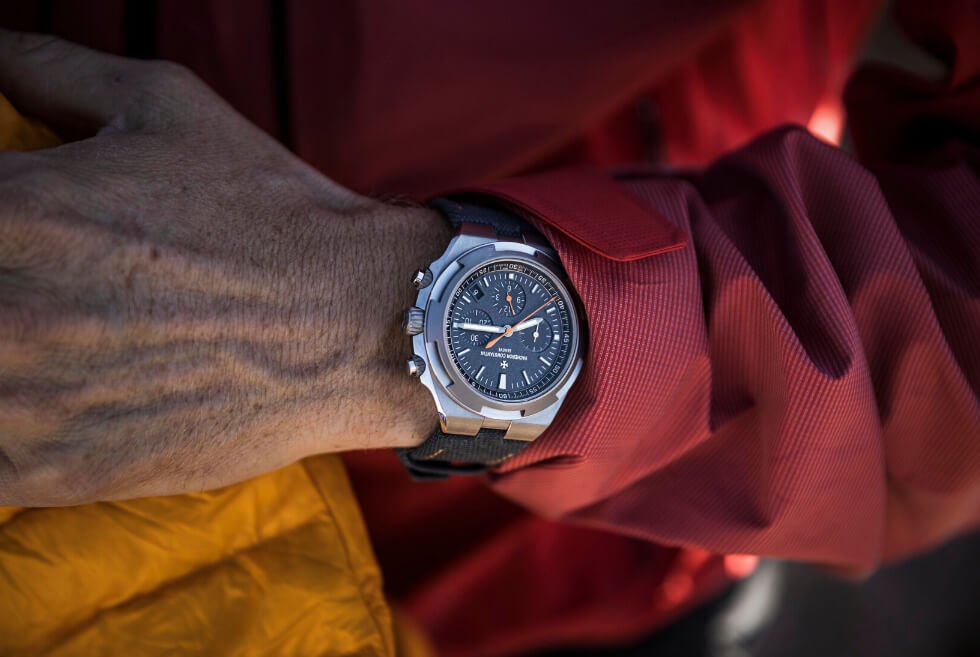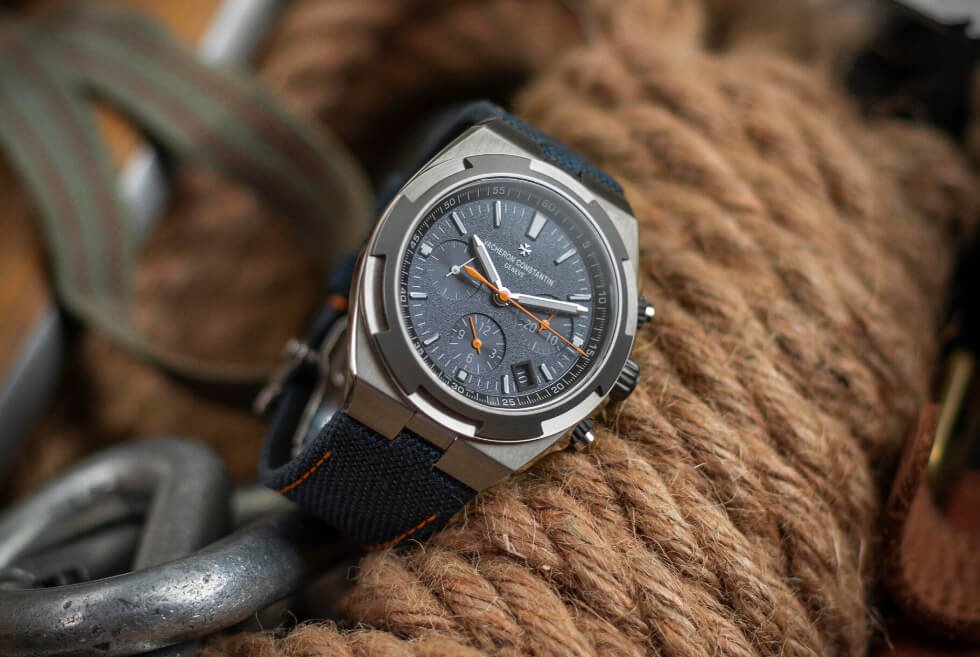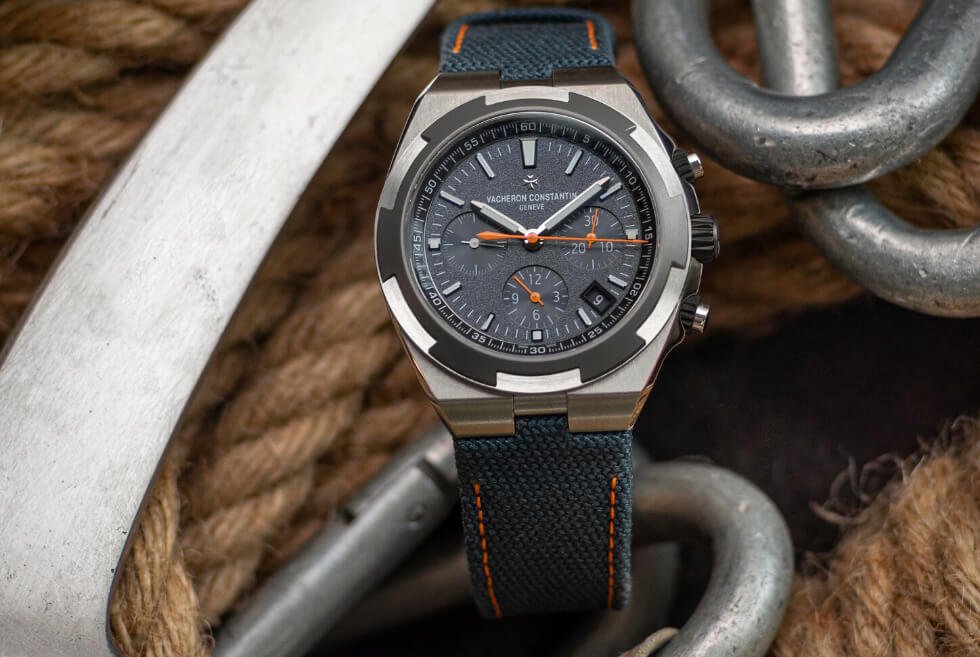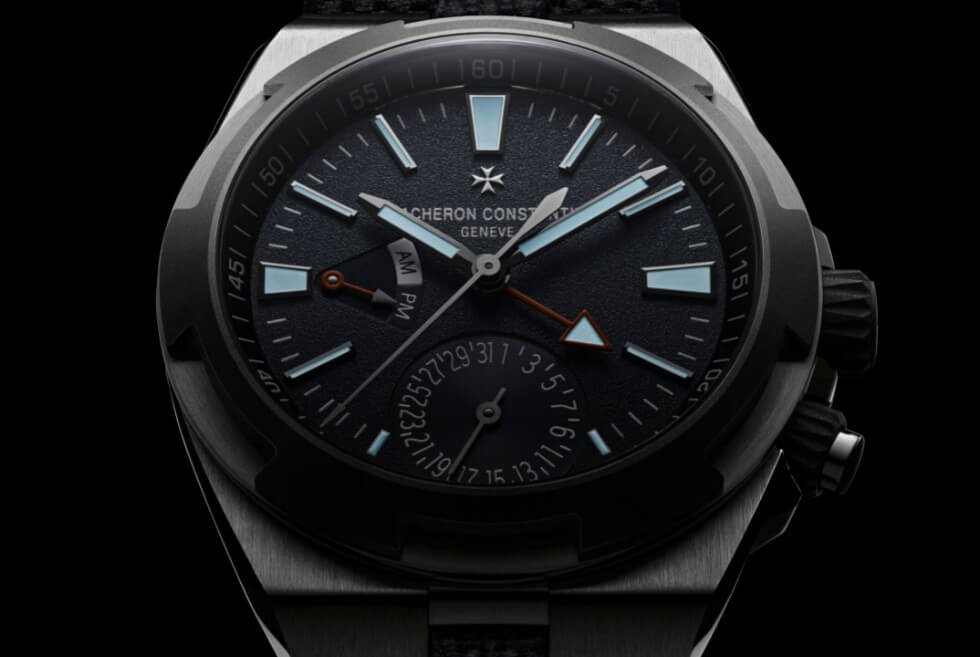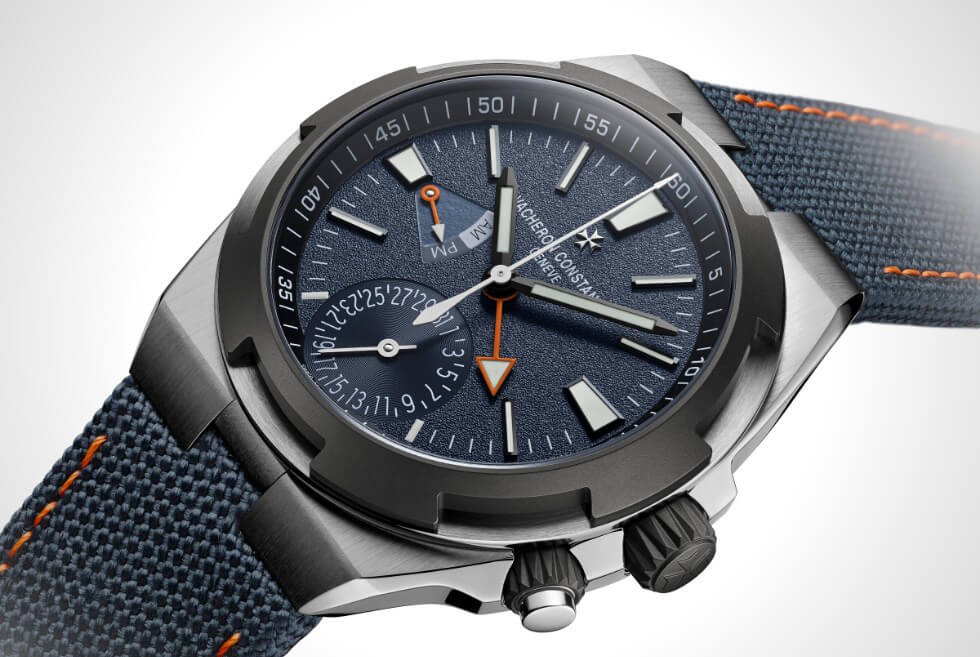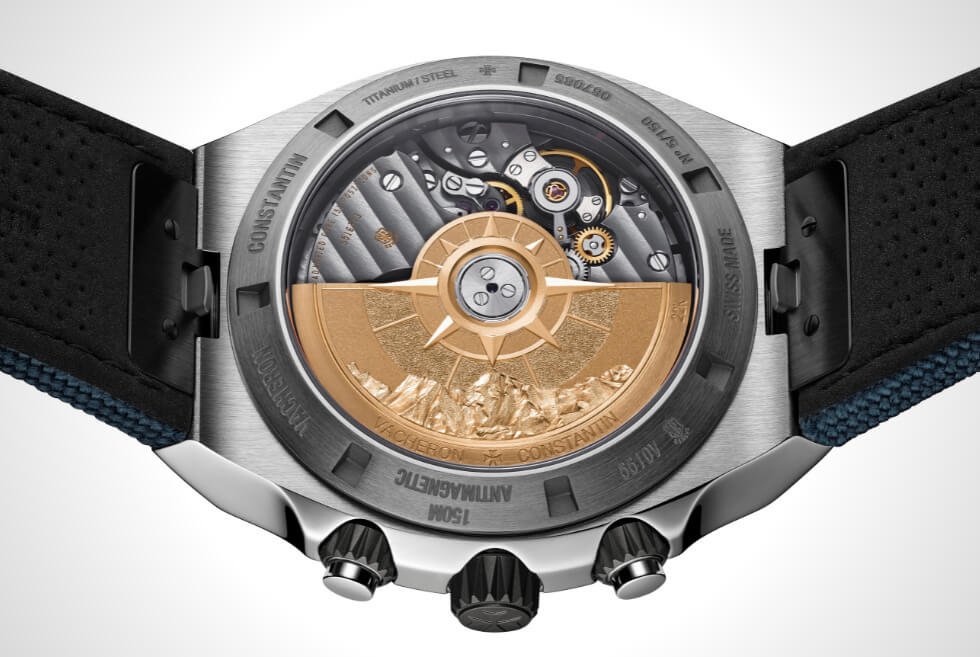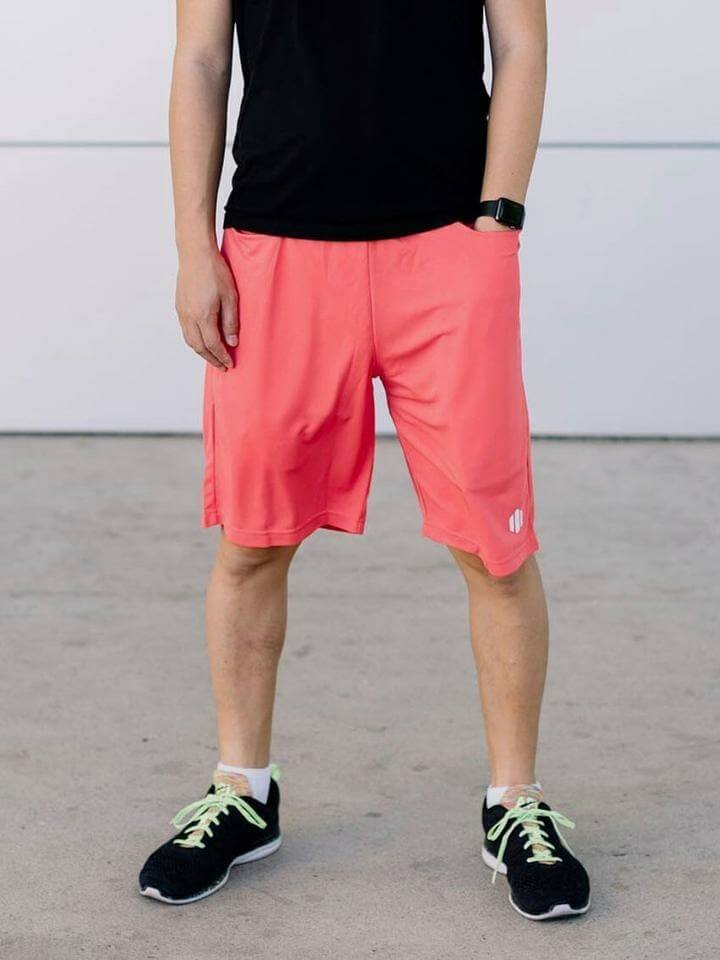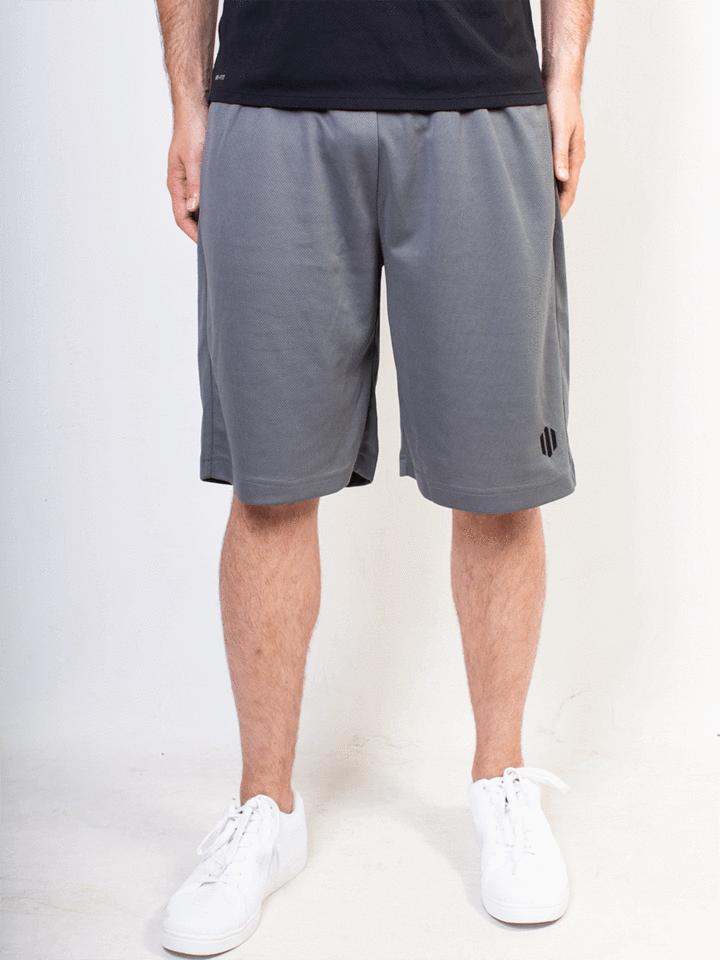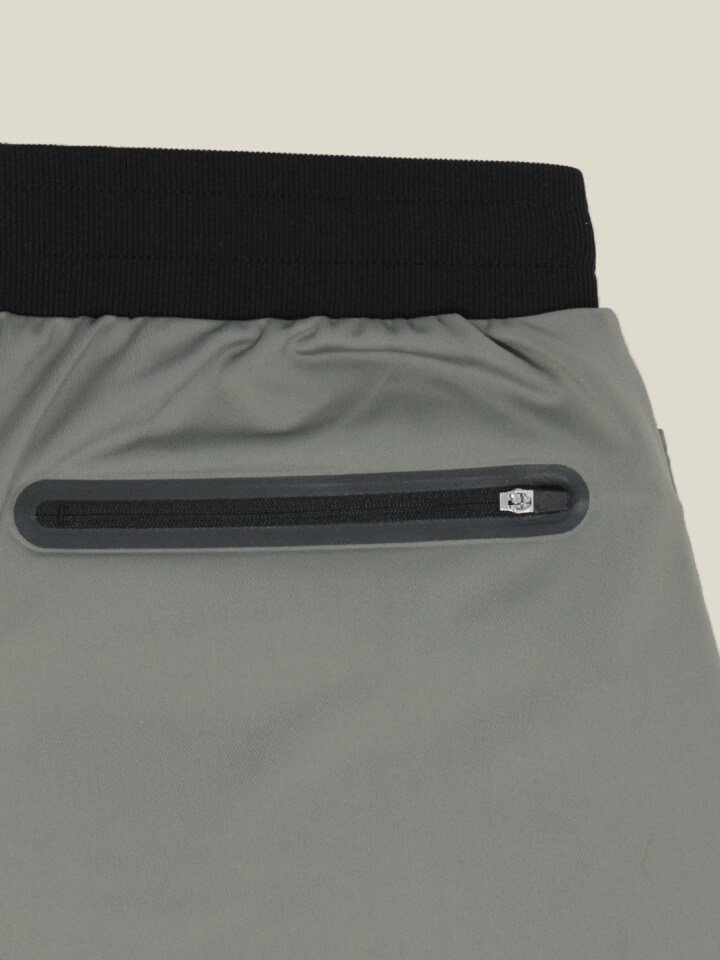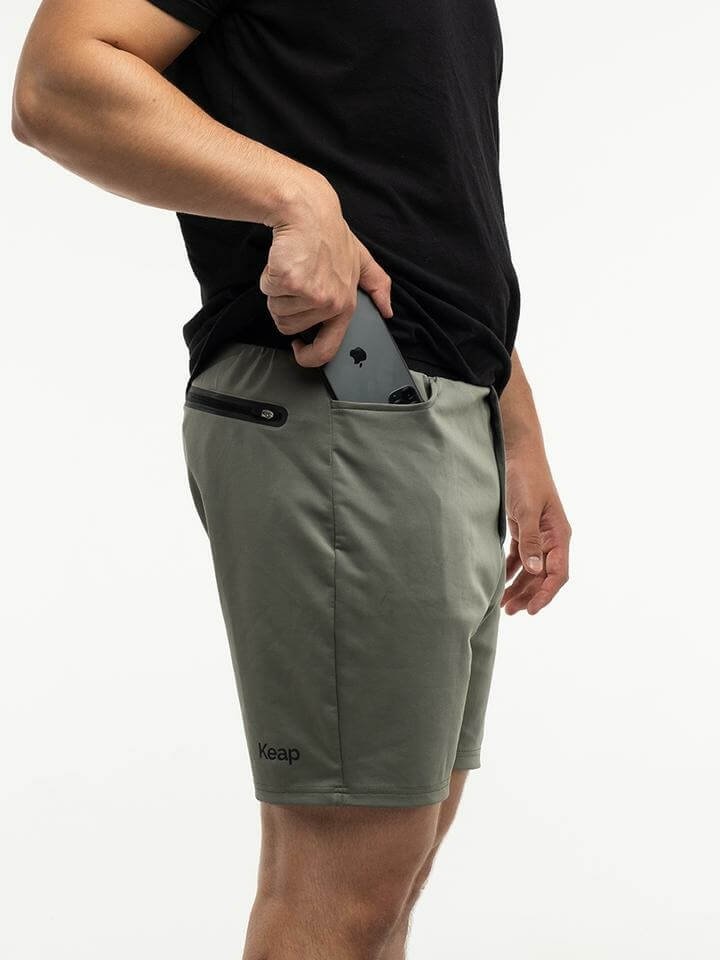Meet charismatic T-shirt seller, Sean Flynn, and his Pittsburgh store, Monarch Studios. It’s a modest brick-and-mortar, but big online. Through personality and quality picking he’s grown his Instagram page — largely dedicated to vintage wrestling, music, and movie T-shirts — from a meager couple hundred followers to over 21,000 in a little over a year. “Really only since quarantine started,” he explains.
“[The storefront] was open for a calendar year, and then COVID hit,” he continues. “And in my head I’m thinking, ‘This is going to get bad very quickly, and I’m not prepared from an online standpoint to keep the business afloat,’ because I was relying strictly on in-store traffic… But I started prepping. We hopped on immediately and started building the website out. I knew I had to transition online and fully commit myself to this.”
The pandemic forced his hand. For Flynn, his options were to fold under the pressure and shelve his passion project for a period or push forward.
“I did a pretty massive giveaway with the first initial website drop,” he recalls. “And to be totally honest, we did similar numbers then to the highest numbers we’d ever done in the store. I stepped back and was like, ‘OK, this is going to work out.'”
But the initial hype of a new site subsided, and he was hard at work enticing new shoppers once more. Then, a friend, Chris (aka @1980somethingco), created the Virtual Flea (@thevirtualflea). It was similar to QVC in the way it presented products to a live audience: a host introduces a vendor, they introduce an item, give you its specs, and then tell you what it’s selling for. But, with one catch: there’s one of each and it’s up for auction. Bidders purchase a badge — an icon that appears next to your username — as a means of verification and then drop bids in the chat. The host account can pin them as they overtake the current top offer. Flynn joined the first few and saw an opportunity to do something smaller for his core community.
Flynn hosted his first Thursday Night Live on the Monarch Studios account with a few close friends four weeks later. For them, it was a way to reconnect to the part of selling T-shirts they enjoyed most: face-to-face interactions.
“My favorite thing about selling in person is the customer experience: talking to someone, putting a smile on someone’s face. When you’re doing things online, it’s difficult to get that feeling. The live was an opportunity to blend both worlds and meet new people. Every Thursday for close to 40 weeks straight we ran these,” Flynn says. “At first with just me and Bobby but then I started getting an influx of DMs asking, ‘Can I come on the Live? How can I be a part of this?’ It was so cool because these were mostly people that I looked up to in the space. And plenty of new accounts that I was excited to check out, too.”
A healthy dose of both became regular guests on the series, stopping in as their schedules allowed. Some owned shops in other parts of the cities, while others were from different countries. Flynn estimates over 100 accounts have taken part. 100 times that have tuned in. (You do the math: over 40 shows with roughly 500 viewers each time.)
And with interest comes income. (Isn’t that how the saying goes?) Like Flynn, larger companies have found success through “livestream shopping,” too. NTWRK, an app-first retailer, claims to “seamlessly blend entertainment and commerce” by offering its “global audience unprecedented access to exclusive products from world-renowned artists, brands, and personalities.” You open the app, tune in to the videos, and shop whatever’s being sold. They’ve packaged the experience in a more polished way — kudos to Popshop Live, which has as well and with less corporatism plaguing the experience — and have expanded beyond vintage: inventory is both new and old, and includes everything from tees, art and furniture to food, trading cards, and toys.
Flynn’s done around 10 Popshop Live shows — no NTWRK shows, yet — and they’ve served him well, he says. But nothing’s been more impactful than his auctions on Instagram, both for him and the sellers he shares the stage with. They’ve seen auctions start at $1 and finish at $750. A few more have hit for over $1,000.
“At the end of the day, these aren’t about the money,” Flynn says, referencing his Thursday Night Lives. They were originally a way of keeping his business afloat during COVID, but now that fleas, markets, and conventions have returned in-person, they’re really about supporting his community — even if he’s recovered enough to stop hosting them. “But if it means it can support other people and other sellers, that’s super cool to me. If I get a message after someone’s on a Live and they’re like, ‘Man, I really appreciate you. We were able to pay the rent for the month,’ that’s a game changer, you know? That’s what it’s really about.”
This content is created and maintained by a third party, and imported onto this page to help users provide their email addresses. You may be able to find more information about this and similar content at piano.io


